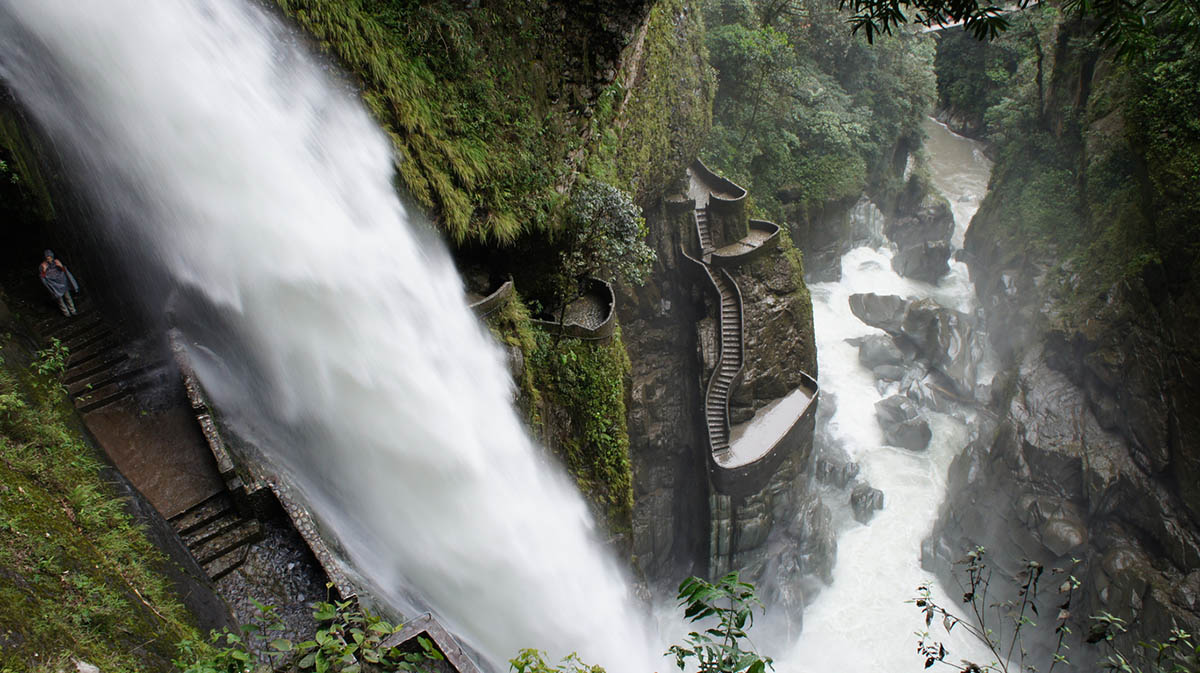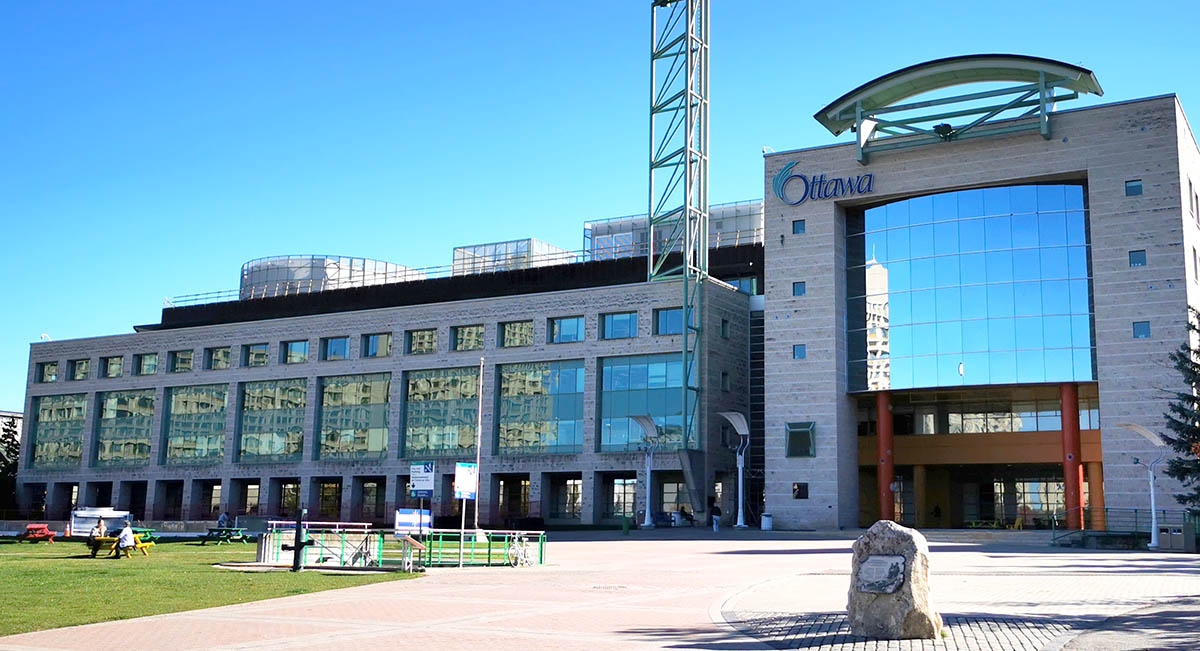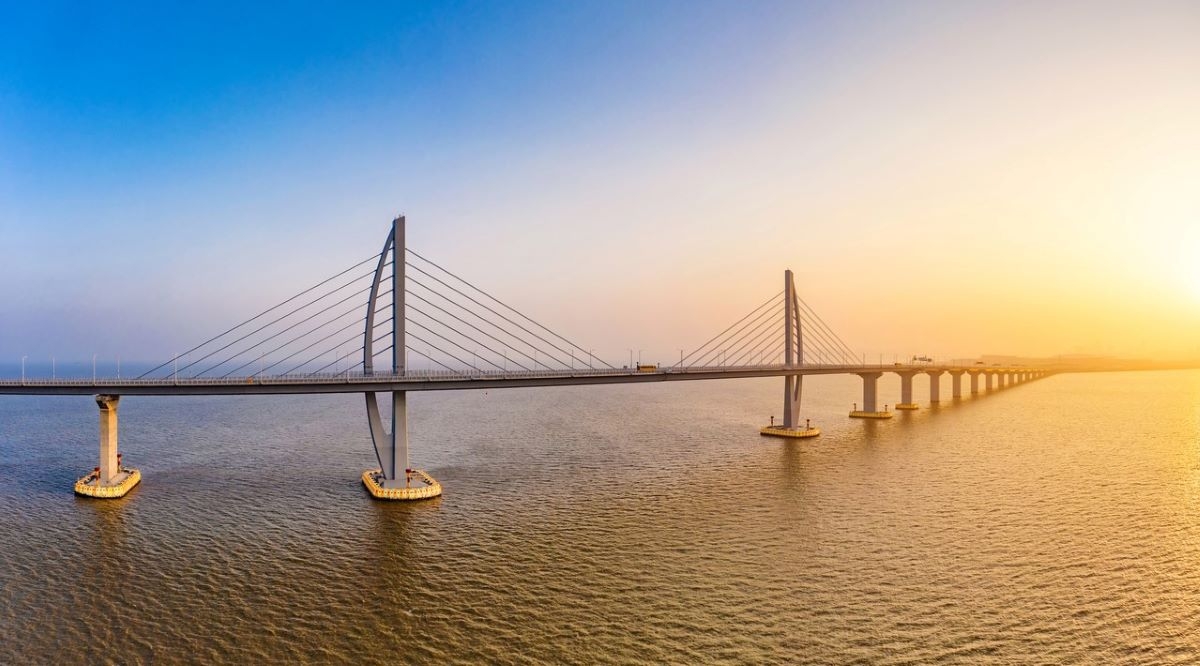
Ecuador’s Real Crisis: Overstated Journalism
On Tuesday, January 9, the news of Ecuador’s war against armed gangs arrived as the military helicopters flew over the neighbourhoods. However, the ominous whizzing of the helicopter blades did not foreshadow what lay ahead. After Ecuador’s top gangster disappeared from his prison cell and masked teenage gunmen broke into a live TV studio, President Daniel Noboa did not send Ecuador down a path of destruction; instead, he pursued a resolution to a long-standing problem.
Amidst much-needed military action, exaggerated news reports are contributing to damage to the country’s tourism sector, which is still reeling from the COVID-19 pandemic. In 2020, the Ecuadorian tourism sector lost more than 1.2 billion U.S. dollars; as of 2023, the economy is still recovering.
According to one BBC report, “The world has seen an uglier side of the country in this most difficult of weeks, as it falls deeper into armed conflict and further from stability. The nation is arguably moving towards becoming a failed “narco-state.” Reports such as these imply Ecuador is a country whose mountains and cities echo with the sound of bombs and gunshots. The truth is, however, that military action against these violent groups has been necessary for years, and many Ecuadorians are breathing a sigh of relief at the news. The new declaration of internal armed conflict is not the end for Ecuador but the start of an era of peace and strength.
After only 100 days in office, Noboa has received broad national and international support as he builds new high-security prisons and enacts a curfew to protect the safety of tourists and residents alike. The security installations will allow the government to gain control of the jails at last and will be funded by increasing the Value Added Tax from 12-15 percent. With 131 votes in favour, the National Assembly approved the No More Blackouts Law to “generate their own power and cancel interest on delinquent energy payments.” The law will support investments and the workforce to address the underlying economic issues which feed crime.
Over 38 nations supported the Ecuadorian government’s actions. These steps indicate that Ecuador is not a country on the path to becoming a failed state but one with newfound political will and the hope and resilience to build a better future.
Negative news reports claiming Ecuador is fast becoming a narco-state are based on a lack of understanding of geographical nuances, intent and capabilities of the criminals. Although organized crime has a strong foothold on the coast, broad areas of the rest of Ecuador are much safer than many U.S. cities. For example, New Orleans has a homicide rate of 70 homicides per 100,000 people, while Ecuador has 26.7 deaths per 100,000 people. Furthermore, many of the criminals are driven by economic self-interest and the desire to keep certain drug routes free of government interference, but they lack the manpower or resources to take over the country. However, they do have the will to sow terror into people’s hearts, especially in last week’s TV station incident where the press willingly collaborated by disseminating the sensational perversions, leading Ecuador to lose the war of public perception.
Consequently, tourists are sent a message that this beautiful country should be avoided instead of just the violent areas on the coast. Ecuador’s tourism ministry wants the world to know that the shocking images from events broadcast last week on some media outlets do not accurately represent the entire country. According to the Minister of Tourism Niels Olsen, “Ecuador is and will be a fascinating destination, full of cultural richness, natural beauty and unbelievable human warmth.”
I was in Ecuador last week and went on daily walks through the streets, visited shopping malls, and ate at restaurants with other smiling families. Due to improved security measures, locals outside coastal areas are experiencing normal life with an even greater sense of hope than before.
While locals in Quito continue their daily lives, tourism offices are quieter than before. The Ministry of Tourism wants anyone interested in Ecuador as a destination or those with a trip planned to “maintain their travel plans.” They assure tourists that the country is safe thanks to “the success of the methods adopted to re-establish normalcy.”
Many areas like Quito, Otavalo and Baños continue to offer travellers incredible experiences.
Ecuador’s economy depends on tourists who can still gain incredible memories and experiences during this time of change. In the words of a local professional, “I don’t want misinformation to stop tourists from experiencing the beauty and warmth that Ecuador has to offer — there is so much more to this country than meets the eye.”
HEADER IMAGE: Waterfall on the Pastaza River in the Ecuadorian Andes near the city of Baños de Agua Santa (iStock)








